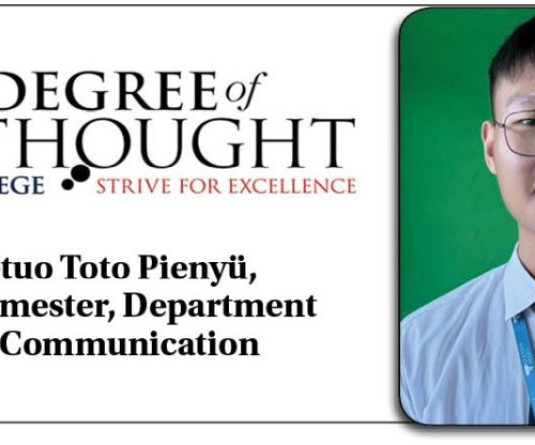
"Child labour" is defined as the exploitation of children's physical and mental well-being, particularly those under the age of 14. According to the 2011 census, the number of children working in India alone was 10.1 million. Child laborers are frequently found in India's many small and large industrial areas, such as mining, commercial agricultural units, textile factories, food stalls, and a variety of other cottage businesses. Child labour prevents children from getting a formal education and interferes with their intellectual development, which is both socially and ethically harmful and may expose them to a potentially vulnerable future. Despite many attempts by NGOs and government programmes over the last few years, child labour remains a global problem.
Child labour is mostly caused by the intergenerational cycle of poverty in most Asian, African, and Latin American countries. In most cases, extreme poverty forces parents to put their children to work in order to provide for their daily necessities, which frequently results in engagement in the labor force from an early age. Most least developed countries have poor national incomes, inadequate educational systems, widespread social inequality, widespread illiteracy, and a lack of opportunities for decent work, which forces children into the labor force. Child trafficking is also associated with child labor, which results in child abuse.
The International Labour Organization (ILO) and UNICEF's 2021 report estimates that 160 million children worldwide are currently working as children, a rise of 8.4 million children in the previous four years. The finding shows an alarming rise in child labor. Particularly for children from rural and suburban regions, the risk of children falling into child labour has increased due to the global economic decline and school closures brought on by the recent global pandemic COVID-19.
Many initiatives have been undertaken by the government and non-governmental organizations in India, but ensuring that these measures are implemented is the responsibility of everyone. First and foremost, more investment in the establishment of adequate educational institutions should be made so that no child is deprived of a formal primary and secondary education. Second, stronger social protection for children should be implemented globally to ensure that no child is exploited. Along with this, decent work should be made accessible to adults in society so that children are not forced to enter the labor force at a young age. Thirdly, awareness programmes should be organised for the adult population to alert them of the consequences of child labour and its impact on the social economy. There are also various constitutional amendments, laws, and regulations pertaining to child labour and child protection rights. The Child Labor Amendment Act of 2016 makes it illegal to employ children aged 14–18 in hazardous work. The Child Labor Act of 1986 makes child labour illegal. Articles 21, 24, and 39 in the constitution make provisions for child upliftment, etc.
Nevertheless, whatever the cause, child labour has worsened the country's as well as the global economy by fueling inequality, poverty, and discrimination. which hamper the prospects of the economy In India as well as the rest of the world, achieving absolute freedom from child labour remains a distant goal. That is why it is so important to take adequate initiatives to organize resourceful and cost-free activities for children that are both educational and vocational. Similar to this, sufficient funding should be started for impoverished regions to prevent people from migrating due to poverty, which eventually forces them—including the children—to accept any available labor out of need. To ensure that no child is robbed of their rights, child labour should thus be restricted or minimised at all levels.
The Degree of Thought Column is a weekly community column initiated by Tetso College in partnership with The Morung Express. The column explored contemporary social, cultural, political, and educational issues and challenges around us. However, the views expressed here do not reflect the opinion of the institution. Tetso College is a NAAC-accredited, UCG-recognized Commerce and Arts college. Currently, the Degree of Thought Column is managed by the department of Mass Communication, and the editorial team are Dr Jenny Lalmuanpuii, KC Gabriela and Rinsit Sareo. For feedback or comments, please email: dot@tetsocollege.org.






